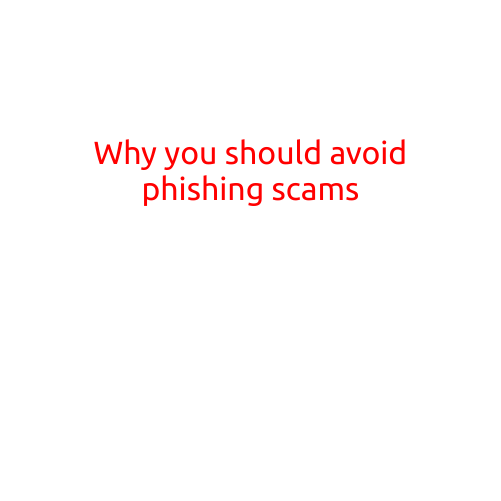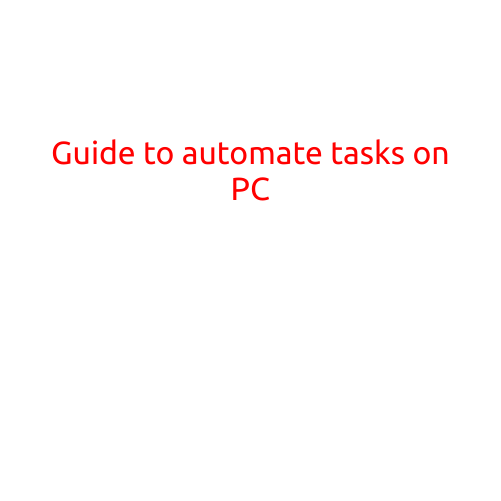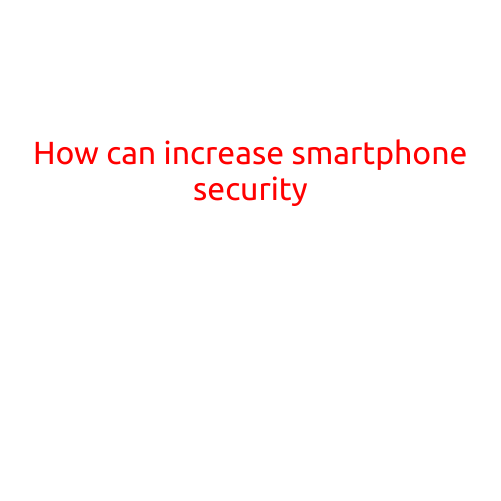
Why You Should Avoid Phishing Scams
In today’s digital age, it’s more important than ever to be aware of the various types of scams that can compromise your personal and financial information. Phishing scams are one of the most common and most damaging types of scams, and they can have devastating consequences if you’re not careful. In this article, we’ll explore the reasons why you should avoid phishing scams and provide you with some tips on how to protect yourself.
What are phishing scams?
Phishing scams are a type of cybercrime where scammers try to trick you into revealing sensitive information, such as passwords, credit card numbers, or financial information, by disguising themselves as a legitimate organization. These scams usually start with an email, text message, or phone call that appears to be from a reputable company, such as a bank, online retailer, or popular social media platform. The scammer will then ask you to provide sensitive information, which they can use to gain access to your account or steal your identity.
Why you should avoid phishing scams
There are many reasons why you should avoid phishing scams. Here are just a few:
- Financial loss: Phishing scams can result in significant financial loss. If a scammer gains access to your bank account or credit card information, they can quickly drain your funds or run up large charges.
- Identity theft: Phishing scams can also lead to identity theft, where a scammer uses your personal information to open new accounts, apply for loans, or even commit crimes in your name.
- Damage to your reputation: If a scammer uses your personal information to create a fake online persona or post inappropriate content online, it can damage your reputation and make it difficult to recover.
- Legal consequences: If you unknowingly provide sensitive information to a scammer, you may be held liable for any illegal activities that occur as a result.
- Emotional distress: Phishing scams can cause significant emotional distress, particularly if you’re a victim of identity theft or fraud.
How to protect yourself from phishing scams
There are several ways to protect yourself from phishing scams:
- Be cautious of unsolicited emails and messages: Never respond to emails or messages that ask for sensitive information. Legitimate companies will never ask for this information via email or text.
- Verify the sender’s identity: If you’re unsure about the sender’s identity, type the company’s website into your browser and contact them directly. Do not click on links or download attachments from suspicious emails.
- Keep your software up to date: Regularly update your operating system, browser, and security software to ensure you have the latest security patches.
- Use strong passwords: Use unique and complex passwords for all of your accounts, and avoid using the same password for multiple accounts.
- Use two-factor authentication: Enable two-factor authentication (2FA) whenever possible, which requires both a password and a second form of verification, such as a code sent to your phone.
- Monitor your accounts: Regularly check your account statements and alert your bank or credit card company immediately if you notice any suspicious activity.
Conclusion
Phishing scams are a serious threat to your personal and financial information, and it’s essential to take steps to protect yourself. By being aware of the dangers of phishing scams and taking precautions to avoid them, you can significantly reduce the risk of falling victim to these scams. Remember: if an offer or opportunity seems too good to be true, it probably is. Always err on the side of caution and seek advice from a trusted security expert or official if you’re unsure.





